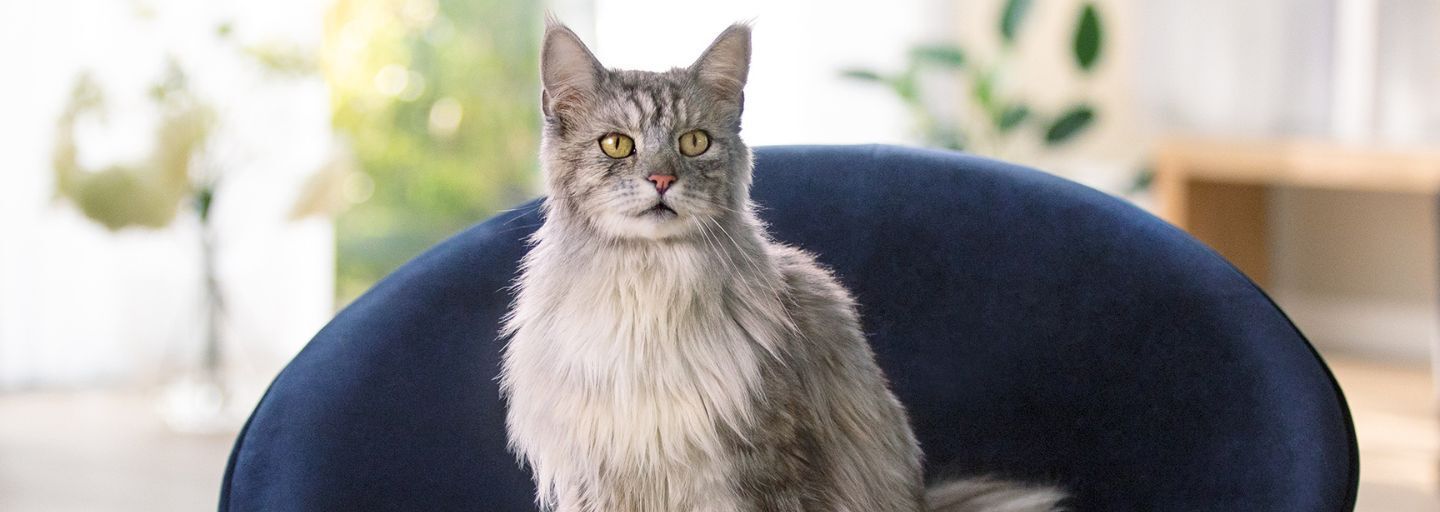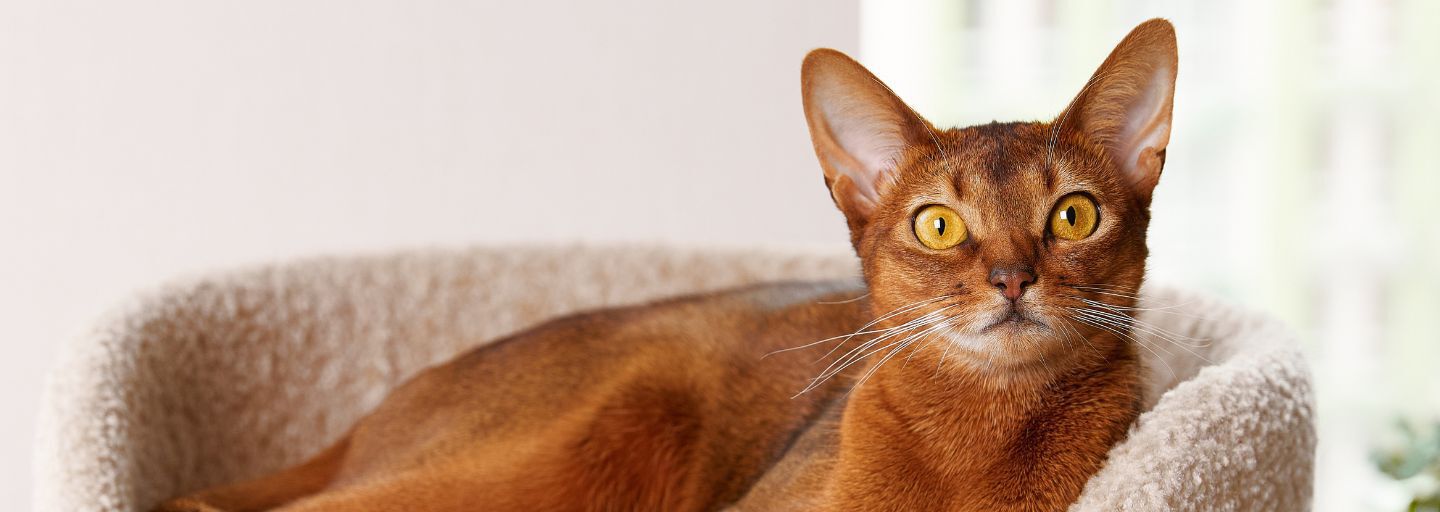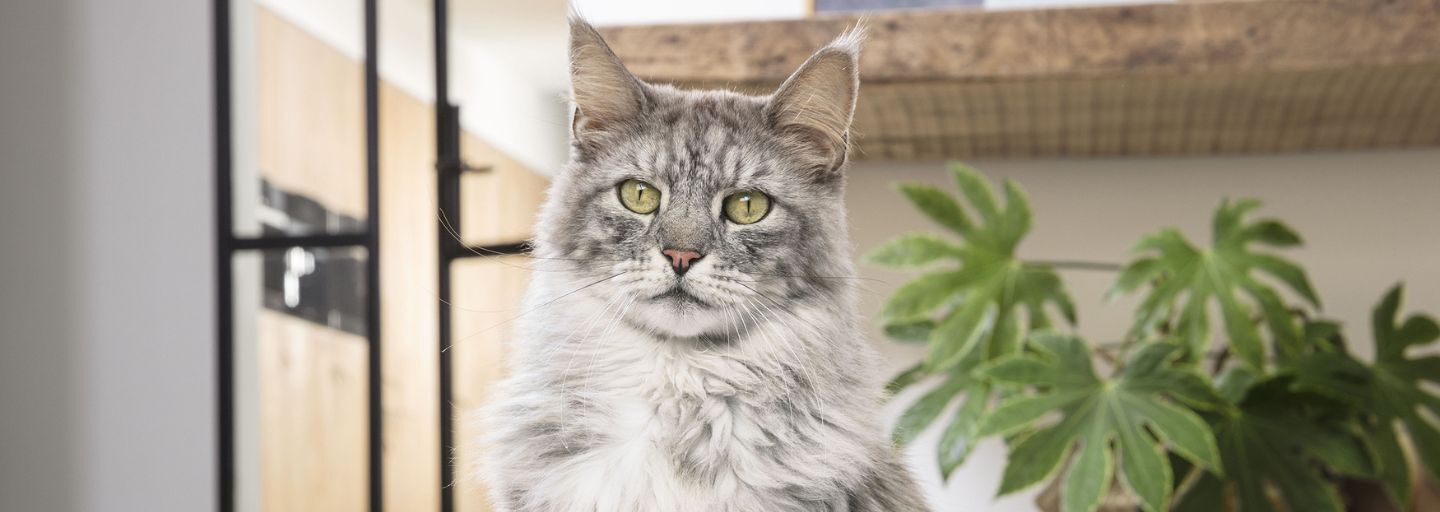Your cat is getting older, so it's time to make some changes. Cats can spend over 40% of their lives as seniors or geriatrics. There's plenty of fun and love still to come, but you'll need to take a few steps to ensure your cat stays in peak health and ideal body condition.
When does my cat move from adult to mature?
Cats become seniors at seven years of age. At eleven years or older, cats are considered geriatric. Any cat seven years of age or older is considered mature.
What changes should I make to my senior cat's diet?
When cats move from adulthood to maturity, there are two main changes that occur. Firstly, cats become less active. Their ideal day changes from playing with their toys or running outside to relaxing in the sun! As cats start moving less, they may begin to put on excess weight. On the other end of the scale, some older cats become less efficient at absorbing proteins and fats, and can lose too much muscle mass.
To help address the problems your cat may face in its senior years, look for food that is:
- Rich in antioxidants. This will help to boost your cat's immune system.
- Easily digestible. This will help your cat absorb essential proteins and fats.
- Calorie-optimized for seniors. This will help your cat get the right amount of food to keep in the best shape possible.
What else can I do to help take care of my senior cat?
Along with diet, there are a few other steps you can take to make sure your senior cat is as happy and healthy as possible:
- Check for signs of health on a weekly basis, and visit the vet every 6 months. This will help you spot issues before they become problems.
- Keep your cat active, but avoid overexertion. Exercise will help your cat maintain the lean muscle mass it needs.
- Groom your cat often. This helps reduce hairballs and stimulates the skin.
- Be mindful of changes to your home environment. A little bit of care when rearranging will help reduce stress.
- Maintain the litter box frequently.







